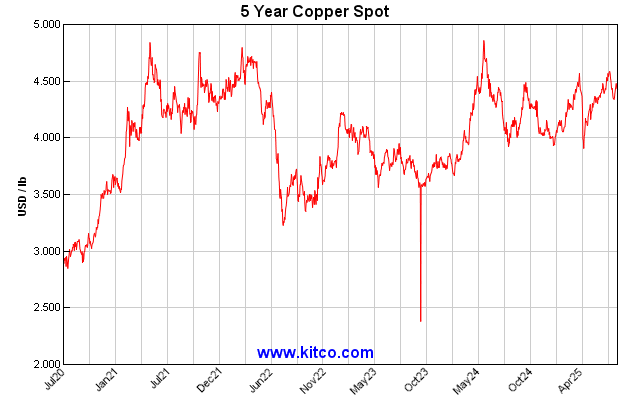purch wrote:Well that is just a straight out lie. Universally? Are you kidding? As I stated at the beginning of this thread, I do not automatically sit on either side of the political fence. I use my brain. It is obvious that you have a dogmatic, almost religious, passion for the ALP. And yes, I have voted for them in the past too. I just don't see sense in this policy.
I wouldn't get too cute if I were you. You've got an agenda and it's clear for everyone to see. Remember you were the guy who claimed on page one you don't think this is a scare campaign from the big mining companies. I've shown in this thread the kind of crap and lies they throw out there throughout history whenever they think their extraordinary profits might be touched by anyone. We all remember how they said getting rid of WorkChoices would destroy the mining industry and saw the work their lobbyists did to the Government's CPRS.
Just about any country in the world would swap their financial situations for ours, you know this. Australia's economy while small relatively speaking is now lauded the world over as is our stimulus spending which helped to save a lot of people's jobs. I'll take the word of the IMF and respected economists around the world over some partisan commenter on a forum. No, you showed your true colours when you made that comment earlier in the thread about pining for the days when the Liberal Party get back into government and you'd do well to do a bit of reading on here before shooting your mouth off about me supposedly being a passionate supporter of the ALP. I rarely vote for them and in fact preferenced the Libs ahead of them in the recent state election. I know you don't see the sense in this policy but just about everyone else does.
purch wrote:My point is that mining companies are already paying government for the privilege of extracting and processing Australia's mineral resources.
Clearly they haven't been paying enough (as per The Age article) hence the RSPT and why you felt so passionately the need to start this thread.
purch wrote:Once again, this would be a non-sustainable tax if it remains as it has been reported.
Commodity prices fall again globally = end of boom. The Australian government is insignificant on the world business stage. It cannot influence supply and demand or commodity prices. Simple as that.
Prove it? I'm almost certain your definition of "non-sustainable" would be different to most. Why are economists and a former head of the Minerals Council backing this then and have never said this won't be sustainable?






